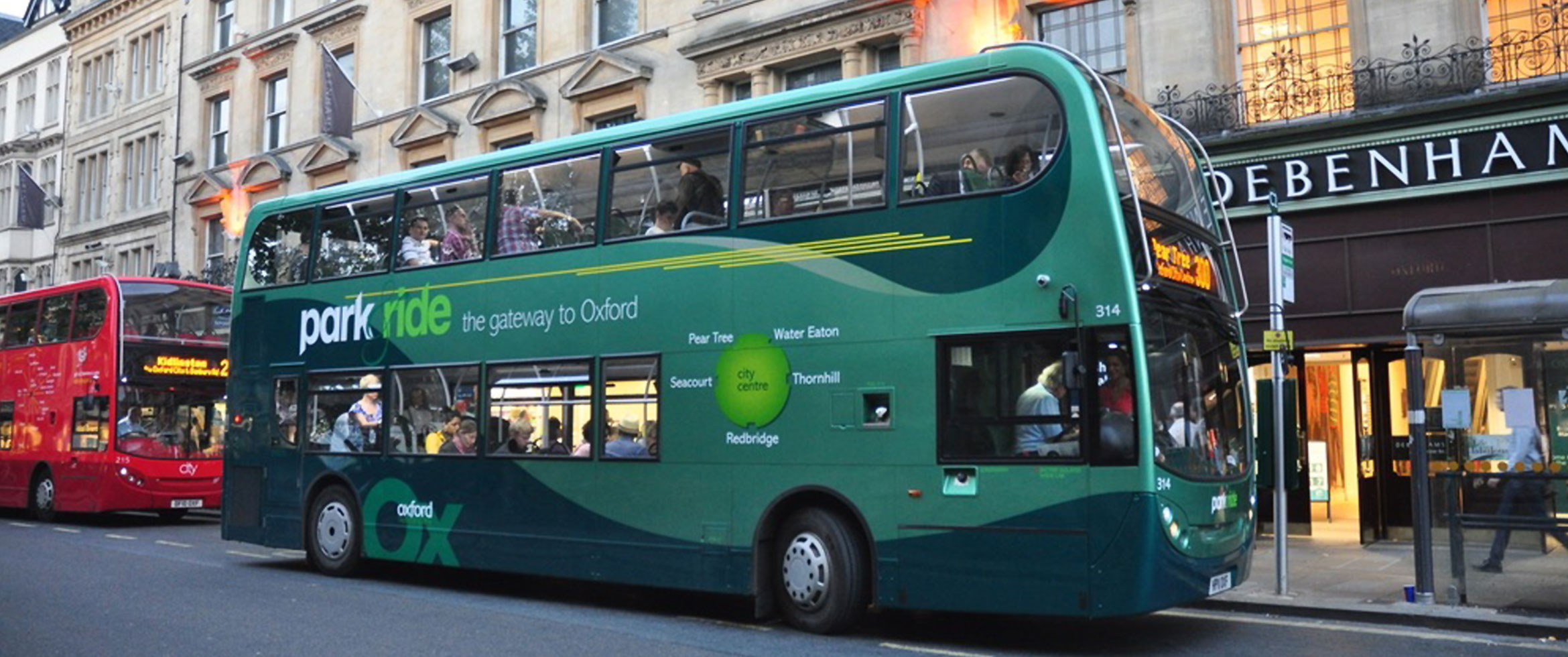Social Norms and Cooperation in Real-life Social Dilemmas
Thogersen, J. (2008). Social norms and cooperation in real-life social dilemmas. Journal of Economic Psychology, 29(4), 458-472.
Travel Mode Choice of Women: The Result of Limitation, Ecological Norm, or Weak Habit?
Matthies, E., Kuhn, S., & Klöckner, C. (2002). Travel mode choice of women: The result of limitation, ecological norm, or weak habit?. Environment and Behavior, 34(2), 163-177. doi:10.1177/0013916502034002001.
How Habits Interfere with Norm-Directed Behaviour: A Normative Decision-Making Model for Travel Mode Choice
Klöckner, C., & Matthies, E. (2004). How habits interfere with norm-directed behaviour: A normative decision-making model for travel mode choice. Journal of Environmental Psychology, 24(3), 319-327. doi:10.1016/j.jenvp.2004.08.004.
Structural Modeling of Car Use on the Way to the University in Different Settings: Interplay of Norms, Habits, Situational Restraints, and Perceived Behavioral Control
Klöckner, C., & Matthies, E. (2009). Structural modeling of car use on the way to the university in different settings: Interplay of norms, habits, situational restraints, and perceived behavioral control. Journal of Applied Social Psychology, 39(8), 1807-1834. doi:10.1111/j.1559-1816.2009.00505.x.
Extending the Theory of Planned Behavior: Predicting the Use of Public Transportation
Heath, Y., & Gifford, R. (2002). Extending the theory of planned behavior: Predicting the use of public transportation. Journal of Applied Social Psychology, 32(10), 2154-2185. doi:10.1111/j.1559-1816.2002.tb02068.x.
Car Use of Young Adults: The Role of Travel Socialization
Haustein, S., Klöckner, C., & Blöbaum, A. (2009). Car use of young adults: The role of travel socialization. Transportation Research Part F: Traffic Psychology and Behaviour, 12(2), 168-178. doi:10.1016/j.trf.2008.10.003.
Situational and Personality Factors as Direct or Personal Norm Mediated Predictors of Pro-Environmental Behavior
Harland, P., Staats, H., & Wilke, H. (2007). Situational and personality factors as direct or personal norm mediated predictors of pro-environmental behavior: Questions derived from norm-activation theory. Basic and Applied Social Psychology, 29(4), 323-334.
Going Green? Modeling the Impact of Environmental Concerns and Perceptions of Transportation Alternatives on Decisions to Drive
Gardner, B., & Abraham, C. (2010). Going green? Modeling the impact of environmental concerns and perceptions of transportation alternatives on decisions to drive. Journal of Applied Social Psychology, 40(4), 831-849. doi:10.1111/j.1559-1816.2010.00600.x.
Acceptability of Travel Demand Management Measures: The Importance of Problem Awareness, Personal Norm, Freedom, and Fairness
Eriksson, L., Garvill, J., & Nordlund, A. (2006). Acceptability of travel demand management measures: The importance of problem awareness, personal norm, freedom, and fairness. Journal of Environmental Psychology, 26(1), 15-26. doi:10.1016/j.jenvp.2006.05.003.
Emotions, Habits and Rational Choices in Ecological Behaivours: The Case of Recycling and Use of Public Transportation
Carrus, G., Passafaro, P., & Bonnes, M. (2008). Emotions, habits and rational choices in ecological behaviours: The case of recycling and use of public transportation. Journal of Environmental Psychology, 28(1), 51-62. doi:10.1016/j.jenvp.2007.09.003.



